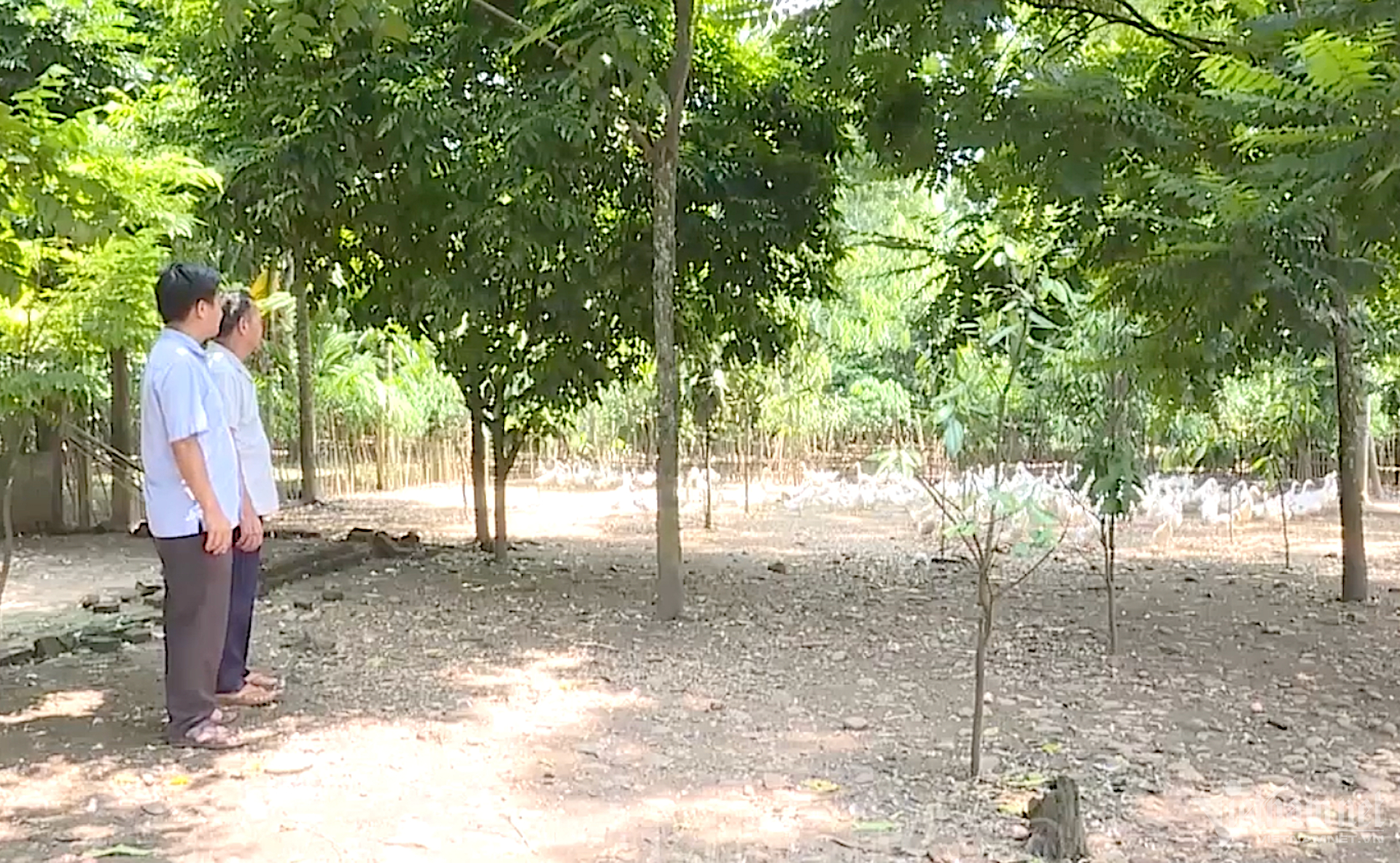
Currently, there are many policies on vocational education and career development related to ethnic minority youth implemented in many provinces in Vietnam. Many policies have contributed to improving capacity and access to livelihood development opportunities for ethnic minority youth.
This information was released at a recent seminar on vocational education associated with employment and career guidance for ethnic minority youth organized by Aide et Action Vietnam and the Northwest Development Cooperation Center in coordination with the General Department of Vocational Training under the Ministry of Labor, War Invalids and Social Affairs.
The seminar is within the framework of the Project "Increasing access to livelihood opportunities for ethnic minority youth through promoting career development and entrepreneurship initiatives" funded by the European Union.
Mr. Dao Trong Do, Director of the Continuing Training Department, under the General Department of Vocational Training of the Ministry of Labor, War Invalids and Social Affairs, said that currently, vocational training and job creation in general and for young people of ethnic minorities in particular are always of concern.
In 2018 - 2019, the National Assembly's Resolution set a very specific target: by 2025, about 80% of ethnic minorities of working age will be supported with vocational training. "There are currently nearly 10 million ethnic minorities in the working age, so this is a huge target," Mr. Do said.
To carry out this task, the Government and Prime Minister have issued a decision approving the National Target Program for socio-economic development of ethnic minority and mountainous areas for the period 2021 - 2030, with relatively large funding source.
Under this program, there is a project to support vocational training for ethnic minorities, along with two related national target programs, namely the National Target Program for Sustainable Poverty Reduction and the Target Program for Building New Rural Areas, which also have projects for vocational training.
“Whether or not the vocational training project for young people in ethnic minority and mountainous areas is successful, it requires technical support, as well as the activities of participating support organizations, to jointly discover inadequate issues, in order to build specific models. This will play a very important role," Mr. Do said.
Evaluating policies on vocational education for ethnic minority youth, Dr. Phan Chinh Thuc, vocational training expert, former Director General of the General Department of Vocational Training, said that in the context of having many policies on vocational education and career development related to ethnic minority youth implemented in provinces, many policies have contributed to improving capacity and access to livelihood development opportunities for ethnic minority youth.
However, according to Mr. Thuc, the process of implementing policies on vocational education for ethnic minority youth in reality still has many limitations, specifically: The role and position of ethnic minority youth human resources are not properly recognized; training policies for ethnic minority youth are slow to innovate, are not synchronized, and are not effectively implemented.
Besides, information about the labor market is still slow and unreliable; Resources have not been maximized in participating in vocational training for ethnic minority youth...
At the seminar, participants also shared lessons and models from the project, in terms of the contribution of these models to solving the problem of policy gaps and proposals for maintaining and replicate good models and practices that the project has implemented.
Accordingly, vocational training for ethnic minority youth needs to be developed in two directions: Improving quality (proficient vocational skills) and expanding scale (gradually popularizing the profession). The vocational training process is only effective when it is carried out along a journey that includes the following stages: pre-vocational training (counseling, career guidance, access to core soft skills), during the training process (input combined teaching and learning focusing on practical outcomes and skills), and post-vocational training (consulting, creating job opportunities, supporting startups, fostering and improving skills).